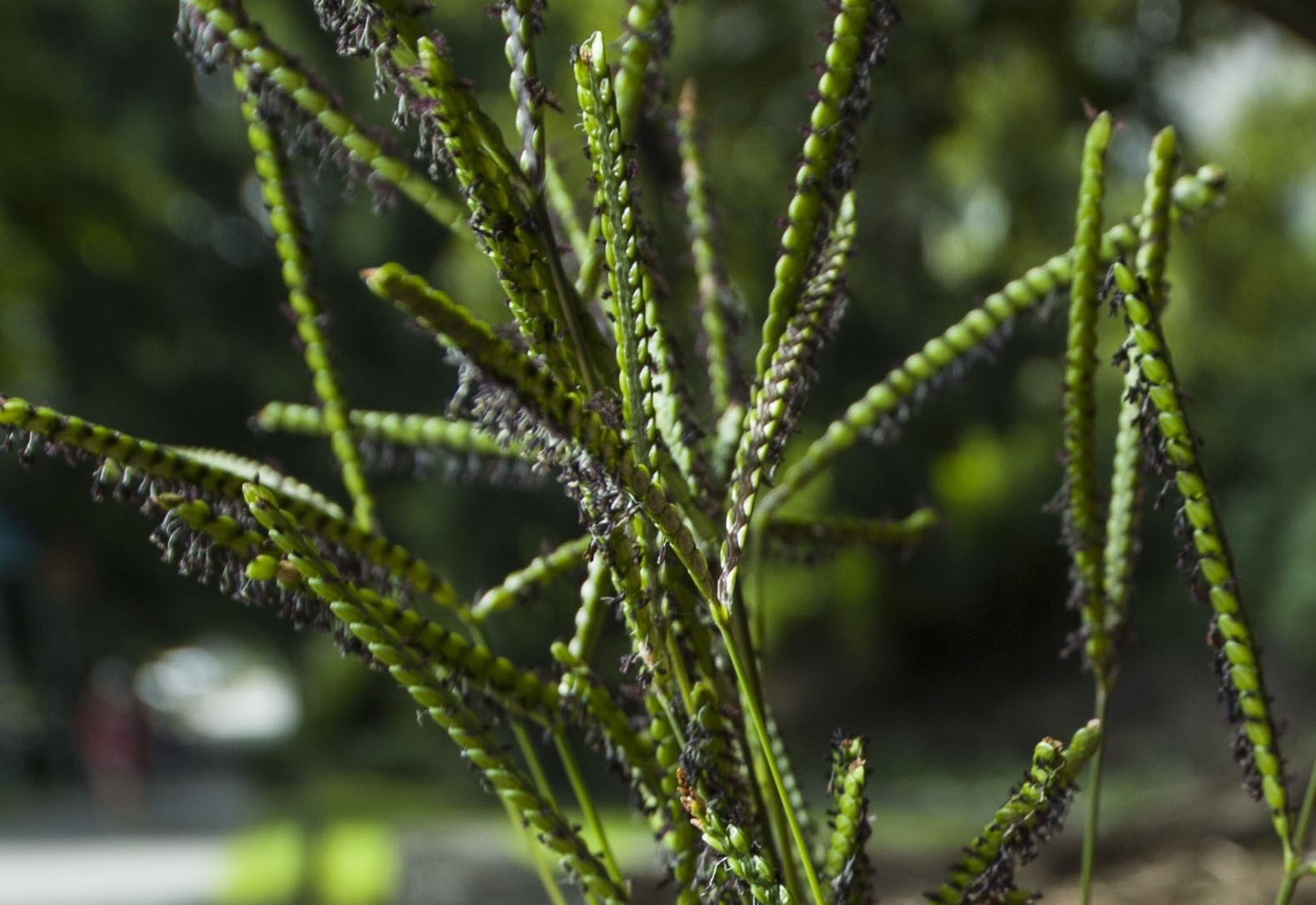Brisbane’s grass pollen season is here, which increases the health risks for hay fever and asthma sufferers.
The QUT Allergy Research Group is excited to unveil their new AusPollen Brisbane website, which will report and forecast risk levels of grass pollen in the air around Brisbane for the current day and the next two days. Pollen information will be provided during peak allergy period (grass season) from 1 November 2020 to 31 March 2021.
This information helps allergy sufferers take preventative measures in danger periods such as staying indoors, avoiding high pollen areas (e.g. gardens and the countryside), and by taking appropriate medication. If you want more information about how to manage asthma and hay fever symptoms please take a look at the information on Asthma Australia.
This year the Bureau of Meteorology has indicated we have a La Niña weather pattern. We anticipate this may cause the 2020 grass pollen season may be more intense due to the abundance of grass growth in Queensland.
It is especially important this year to manage your asthma or hay fever as these conditions can produce symptoms (e.g. runny nose, shortness of breath, or cough), some of which are similar to those of coronavirus (COVID-19), but coronavirus is not associated with itchy eyes like hay fever. Moreover, asthma and hay fever suffers are inclined to touch their face more frequently, increasing the risk of virus transmission, if proper hand hygiene is not maintained. For more information about asthma/hay fever symptoms and COVID-19 please see here.
If you have any questions about AusPollen Brisbane or the pollen information it provides, then please email auspollen.edu.au. If you would like to know more about the AusPollen Partnership, our vison, investigators involved, and the outcomes of the Partnership, please visit our new AusPollen Partnership Website.




Recent Comments